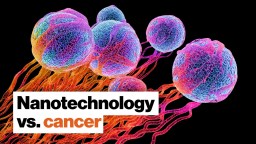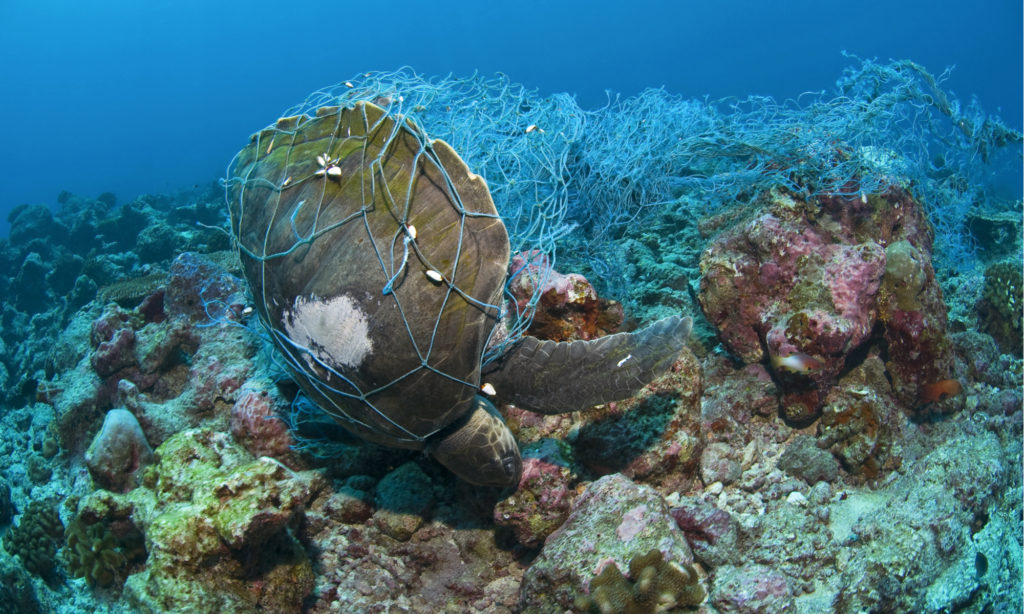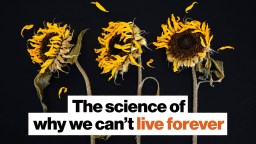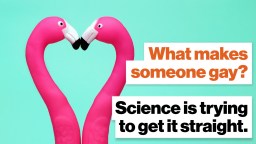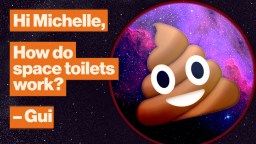biology
Giving A.I. a role in health care can help both doctors and patients.
▸
5 min
—
with
We may be able to detect cancer soon by simply peeing on a stick.
▸
8 min
—
with
People trust Mother Nature to keep us healthy, forgetting that evolution is brutal and uncaring.
5-HTP could help both constipation and depression, but dosage matters.
Surprising studies revealed why mothers affected the genetic pool more than fathers.
Here’s why stars fade out — and so do we.
▸
4 min
—
with
A study found how the “map” for the sense of touch develops in the brain.
All life as we know it relies on carbon and water. But researchers speculate this doesn’t have to be the case.
A new research letter points to another reason for childhood obesity.
Why do women live longer than men? New data from the WHO tackles age-old questions about longevity.
Two new studies say yes. Unfortunately, each claims a different time.
Experts argue the jaws of an ancient European ape reveal a key human ancestor.
An innovation may lead to lifelike evolving machines.
The calorie is the basic unit of measure of food — and it might be off.
The new fossil offers insight into when whales returned to the oceans millions of years ago.
The diet claims that people with different blood types process their food differently. Does it pass muster?
This may be more common in mammals than we’d thought.
A new study from the University of Pittsburgh details how the anti-vaxx movement has divided and grown.
Though eggs are back on the menu, some are trying to rewrite the script.
Evolutionarily speaking, being gay is still something of an enigma
▸
10 min
—
with
What’s in your tummy might affect what’s in your head.
Lasers solve the mystery of the missing quill.
Omigod, they’re cute, but there’s peril in smooches and snuggles.
Chinese scientists find a 600-million-year-old creature.
A new review article makes the case that you can always use it.
Microbes screened with a new microfluidic process might be used in power generation or environmental cleanup.
A NASA astronomer explains how astronauts dispose of their, uh, dark matter.
▸
2 min
—
with

